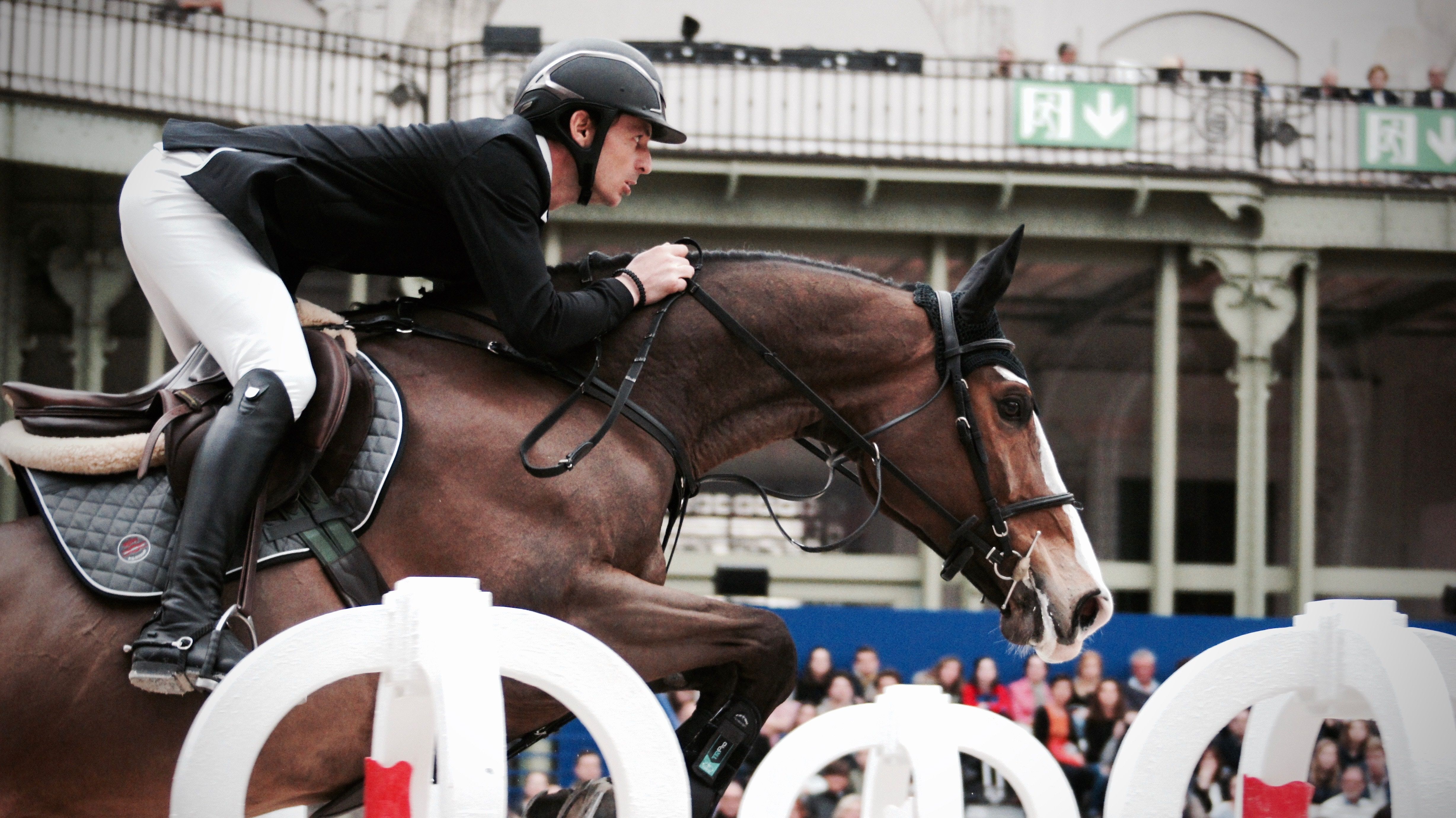Cheltenham horse death proves races are an anachronism
Heartbreakingly, the white tent is a frequent feature of any steeplechase. In British racing, it is a widely known fact that many horses are euthanized at the scene, usually as the result of injury sustained in-race. When an incident occurs, the tent is hastily set-up, and yet another horse is put to sleep in the name of ‘sport’. A horse death recently occurred at Cheltenham, where the five-year-old mare Dame Rose was pushed to her limits and later died from exhaustion. The race occurred on an unusually hot day in April, and other horses were also said to have been unwell as a result of the conditions.
I cannot believe that, in this day and age, animal welfare is so completely overlooked in favour of entertainment value.
Defendants of the horse race emphasise how integral the sport is to British culture. With the inauguration of the Epsom Derby way back in 1779, those in favour of horse-racing point to its long history as a British institution as justification for its continuity in the modern day. Equestrian events are particularly popular amongst the British upper classes. Indeed, Princess Anne herself even competed in Olympic Equestrian events in 1976, and the Queen’s fondness for horse-racing is hardly a secret. But can horseracing, with its connotations as a sport of the elite, fit in with a society that is supposedly more concerned with animal welfare than ever before?
As many horses continue to suffer and die at these sporting events, more and more people are starting to question whether these events should still hold a place in the British sporting calendar. Considered the most rigorous of British tracks, the Grand National is also considered the most treacherous course in terms of horse mortality rates. I watched my first Grand National this year, and I was honestly horrified by what I witnessed. I cannot believe that, in this day and age, animal welfare is so completely overlooked in favour of entertainment value. The National’s course at Aintree spans nearly 4 ½ miles, and features over 30 high fences. According to an article by The Express, there were seven horse fatalities in Grand National races held between 2000 and 2010, and since 2010 the number of race-related horse deaths has continued to mount. Aside from injuries sustained in-race, suspected heart attacks and exhaustion have also contributed towards the death of horses at British race tracks.
Mass numbers of horses are bred for racing, but the majority of them will never see a racetrack.
Some campaigns to end horse-racing have been around for a very long time, although it appears now that the cause is gaining serious momentum. Aside from the injuries horses can sustain while racing, the entire culture of horseracing is severely flawed. PETA’s campaign to end horse-racing cites numerous issues with how our society approaches horse welfare, including how horses are forced to run on hard racetracks before their skeletal frame has even fully developed. The Coalition for the Protection of Racehorses is also currently campaigning for the abolition of whips, and to ban all jumps from race tracks – one of the biggest causes of injury and subsequent euthanasia. Perhaps most shockingly, the Coalition is also campaigning to prevent the masses of horses that are needlessly sent to slaughter. Mass numbers of horses are bred for racing, but the majority of them will never see a racetrack. When these horses do not fulfil their intended purpose, their lives are seen as disposable and terminated by the industry.
In the midst of racing season, I hope that people will seriously think twice before placing a bet on any of this year’s races. It is the betting culture of the general public that is proliferating the needless deaths of so many horses every year. In my opinion, and in the opinion of a growing number of others, the time where horse-racing plays an integral part in British society is long over.

Comments